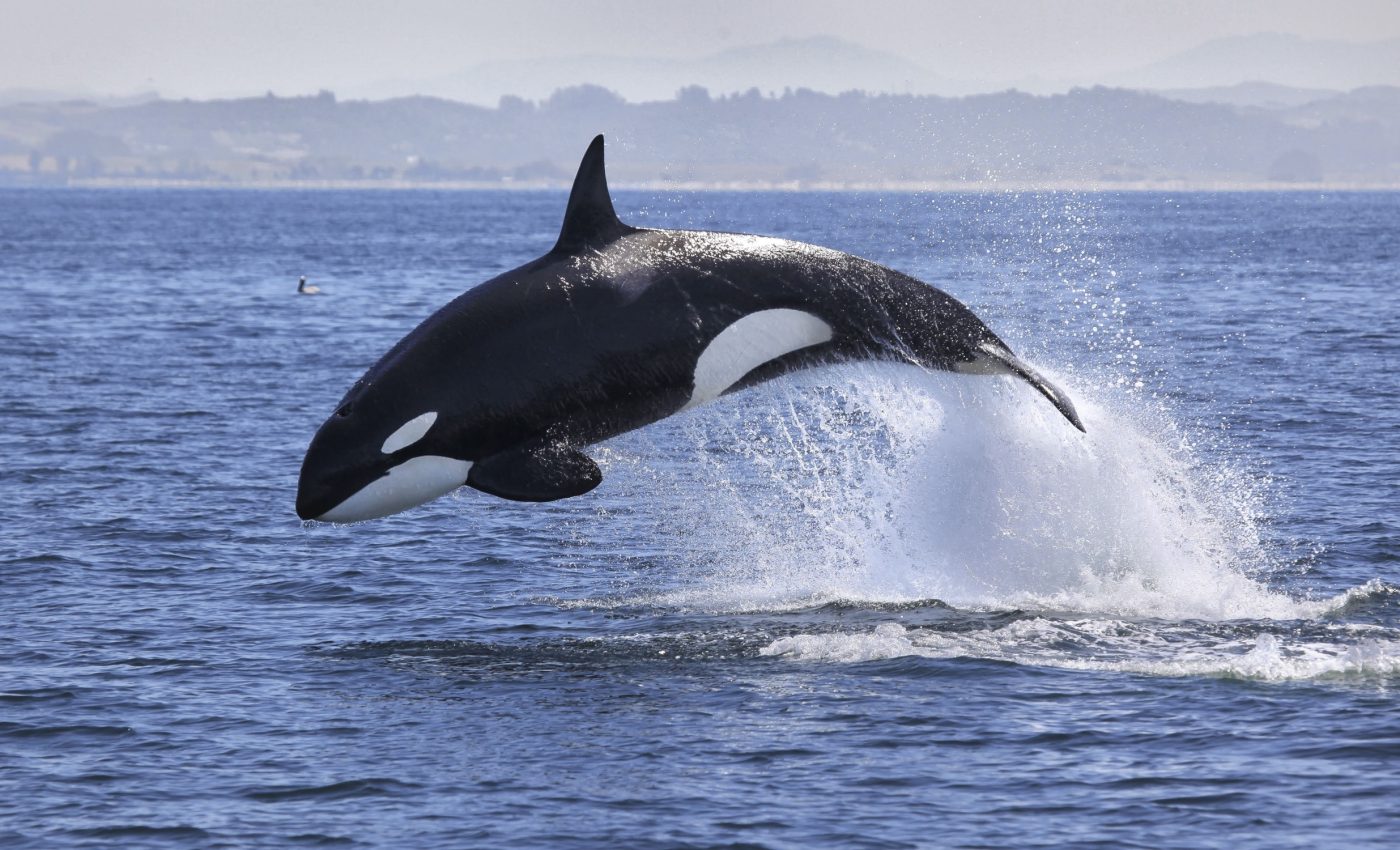
World Orca Day 2025: Saving the ocean's top predators
You’ve seen them on shirts, in documentaries, and maybe jumping at a theme park. They look bold and sound fierce. But orcas, also called killer whales, aren’t what the name suggests. They’re smart, social, and loyal. Every year on July 14, we celebrate World Orca Day.
It started in New Zealand. A young orca got stuck in shallow water. Locals worked together to help him return to the sea. That rescue turned into something bigger. Now, people around the world use this day to honor orcas – not only celebrating their strength but also highlighting the challenges they face.
While some orcas are thriving, many are struggling. They face pollution, food shortages, and in some cases, captivity in tanks. World Orca Day presents an opportunity to learn about the real challenges they endure.
Orcas live in pods and pass on skills
Orcas aren’t whales – they’re actually dolphins that live in social groups called pods. Every pod has its unique way of communicating. Some feed exclusively on fish, others hunt seals, and a few even pursue sharks. Each group follows its own distinct hunting strategy.
Orcas learn how to hunt from each other. Young ones watch the adults. They copy what they see, and then get better at it. Some pods chase fish into tight balls. Others slide onto beaches to grab seals. These skills don’t come from instinct – they’re passed down like family recipes.
Orcas stick together. Mothers lead, sons often stay for life, and grandmothers play a big role. They know the best places to find food and guide the group with memory and experience. These pods aren’t random groups – they are families.
Awareness on World Orca Day
The ocean has gotten louder due to ships, drills, sonar. It’s equal to trying to talk in traffic. Orcas use sound to hunt and stay close. Ocean noise messes that up.
Food is another problem. Some orcas depend on salmon, but in some places, these fish are disappearing. Less food means weaker orcas, affecting moms, calves, and the whole pod.
Pollution adds to the stress. Orcas store fat. When they don’t eat enough, they burn that fat for energy. That’s when stored toxins enter the bloodstream, impacting their health and survival.
Some orca populations are shrinking. They can’t bounce back if the ocean stays loud and empty.
Tanks are not healthy homes
Captive orcas live in marine parks. They spend years in tanks that are too small and restrictive.
Orcas kept in tanks often suffer from illness. They may grind their teeth and display unusual behaviors, and they tend to have shorter lifespans than their wild counterparts.
While some parks continue to feature them in shows, this is more for entertainment than genuine education.
A few places have banned orca captivity. Others still allow it. World Orca Day reminds people that wild animals belong in the wild. Tanks don’t offer a healthy life.
World Orca Day inspires action
To help protect orcas, you can start with the basics. Learn what makes them unique and share those facts with others. Stay away from parks that keep orcas in tanks. Choose brands that care about the ocean.
You don’t need to live near the coast to make a difference. You can watch orcas through live cams, read their stories, and talk about them. You can join a cleanup in your area or support groups working to protect marine life. Every small step counts.
On World Orca Day, schools and science centers often join the effort. Kids ask questions. Teachers explore ocean life. Artists and researchers also get involved. And you can too, in whatever way fits you best.
Why this day still matters
Orcas play a big role in the ocean. They help keep balance in marine food webs. When they suffer, the whole system shifts. They’re not just animals. They’re indicators of ocean health.
World Orca Day calls on us to care – to recognize how our actions impact the ocean. Orcas don’t seek applause; they need clean waters, plenty of food, and peaceful places to raise their young.
—–
Like what you read? Subscribe to our newsletter for engaging articles, exclusive content, and the latest updates.
Check us out on EarthSnap, a free app brought to you by Eric Ralls and Earth.com.
—–













